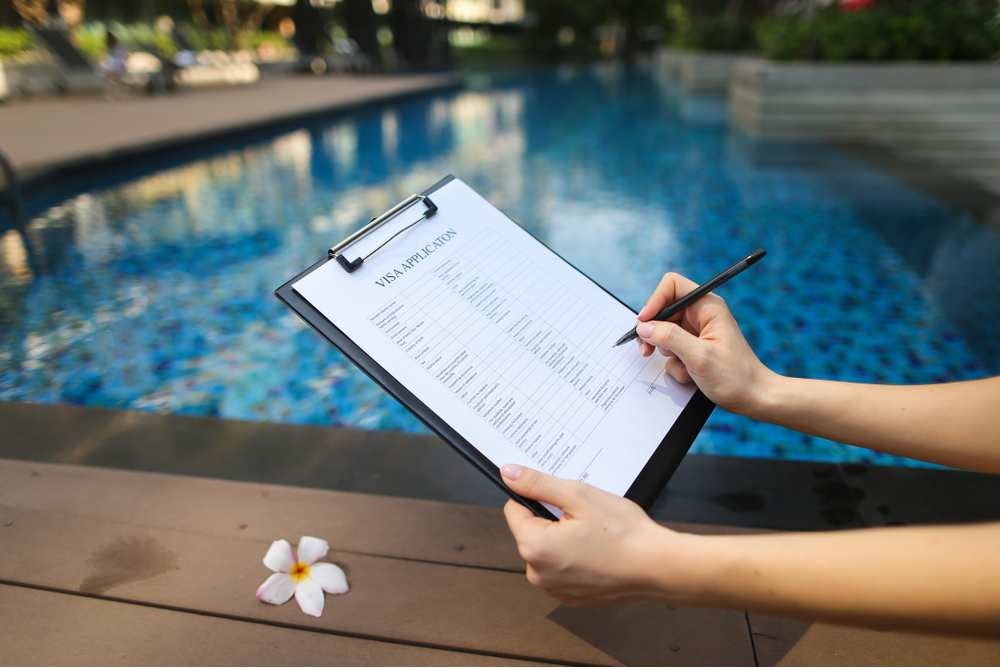When it comes to installing a swimming pool on your property in South Australia, it’s important to dive in with your eyes wide open. Many homeowners are eager to enjoy the luxury and relaxation that a pool brings, but they often overlook the crucial step of understanding the pool legal documents. Here, we will explore the significance of comprehending pool legal docs in South Australia and highlight the key aspects you should pay attention to.
The Building Approval Process
Before embarking on any pool construction project, it’s essential to understand the building approval process in South Australia. Familiarise yourself with the necessary permits and licenses required for pool installation. Pool legal documents typically include information on obtaining building approvals, complying with safety regulations, and adhering to zoning laws. By understanding these requirements, you can ensure that your pool is installed legally and meets all necessary standards.
Safety Regulations and Compliance
Safety should be a top priority when it comes to swimming pools. In South Australia, there are strict safety regulations in place to prevent accidents and protect lives. Pool legal docs in South Australia outline the safety requirements, such as fencing, gates, and signage. Understanding these regulations is crucial to ensure the safety of your family, friends, and visitors. By adhering to the prescribed guidelines, you can create a safe environment and prevent potential legal liabilities.
Legal Liability and Insurance
Owning a pool comes with a certain level of legal liability. Pool legal documents provide information on liability and insurance requirements. It’s important to review these documents carefully to understand your responsibilities as a pool owner and the insurance coverage you need. Having adequate insurance protects you financially in the event of accidents or injuries that may occur in or around the pool area. Understanding your legal obligations and insurance coverage can provide peace of mind and protect you from potential legal complications.
Maintenance and Operation Guidelines
Proper maintenance and operation of your swimming pool are essential for its longevity and safe usage. Pool legal documents include guidelines on maintenance, water quality, chemical usage, and pool equipment. By understanding these guidelines, you can ensure that your pool is well-maintained and meets the necessary standards. Regular maintenance not only enhances the pool’s lifespan but also contributes to a healthy swimming environment for everyone using it.
Dispute Resolution and Conflict Management
In any construction project, disagreements or disputes may arise between the homeowner and contractors. Pool legal documents include provisions for dispute resolution and conflict management. It’s important to understand these clauses to be prepared for any potential conflicts that may occur during the installation or maintenance process. By being aware of your rights and obligations, you can navigate disputes more effectively and seek fair resolution.
Environmental Considerations
In South Australia, environmental sustainability is highly valued. Pool legal documents address environmental considerations, such as water conservation, energy-efficient pool equipment, and responsible chemical usage. Understanding these aspects allows you to make informed choices that align with environmental standards. By implementing eco-friendly practices, you can contribute to the preservation of the environment while enjoying your pool.
Installing a swimming pool is an exciting venture, but it’s crucial not to overlook the importance of understanding pool legal documents in South Australia. These documents provide valuable information on building approvals, safety regulations, liability, maintenance guidelines, dispute resolution, and environmental considerations. By familiarising yourself with these aspects, you can ensure a smooth and legally compliant pool installation process. So, before you take the plunge, take the time to understand the legal requirements and responsibilities associated with owning a pool in South Australia. Your diligence will help you enjoy your pool while avoiding potential legal complications in the future.



